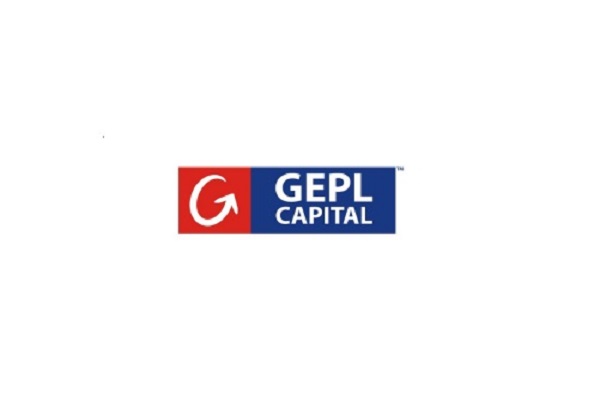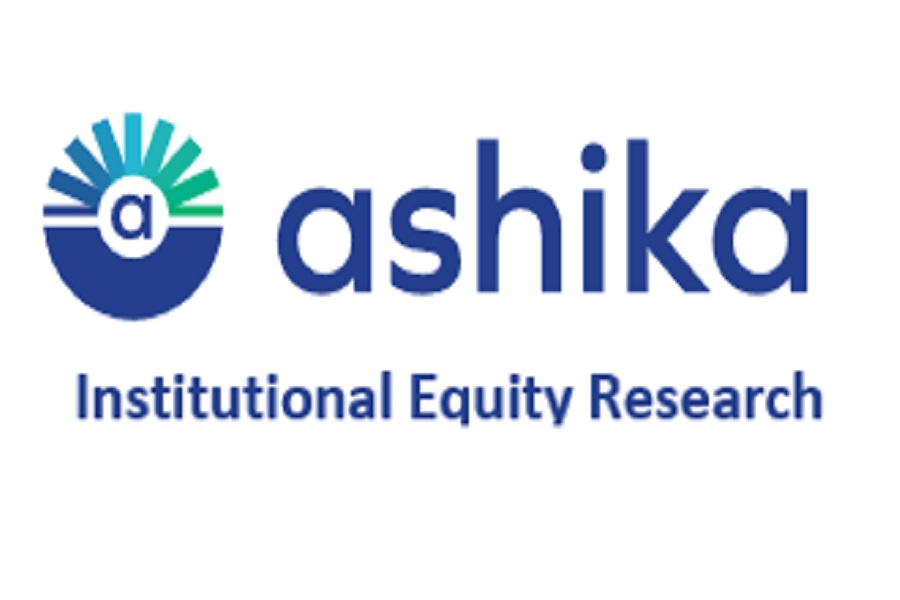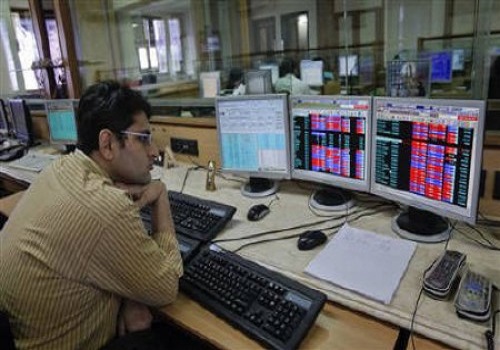Global Oil Demand Growth Faces Uncertainty as OPEC+ Plans Supply Increase Amid Economic Concerns by Amit Gupta, Kedia Advisory

Global oil prices have dipped below $80 per barrel as OPEC+ prepares to increase production in October, despite uncertainties in demand growth. The U.S. and China, the world’s top oil consumers, have shown slower-than-expected demand growth in 2024, raising concerns about the market's ability to absorb additional supply. Economic challenges, including fears of a U.S. recession and China's sluggish economy, are contributing to downward pressure on prices. Analysts suggest that if demand doesn’t accelerate, OPEC+ might need to delay its production increase or face lower prices. The discrepancy between OPEC's optimistic demand growth estimates and the International Energy Agency's more conservative outlook adds further uncertainty. As OPEC+ controls over 40% of global crude supply, its forthcoming decisions will be pivotal in determining the direction of the oil market in the coming months.
Highlights
* OPEC+ plans to increase oil production from October, despite uncertain global demand.
* Oil demand growth in the U.S. and China has lagged behind expectations.
* Fears of a U.S. recession are putting downward pressure on oil prices.
* OPEC+ may need to delay its production increase if demand remains sluggish.
* Continued volatility in the oil market due to economic uncertainties.
Global oil prices have recently fallen below $80 per barrel, a concerning level for many OPEC+ members who rely on higher prices to balance their budgets. This price dip comes as OPEC+ plans to increase oil production starting in October. However, the success of this plan hinges on a significant acceleration in global oil demand, which has so far been underwhelming.
In the first seven months of 2024, oil demand growth from top consumers, the United States and China, has failed to meet earlier projections. China's crude imports have decreased by 2.4% year-on-year, impacted by a sluggish economy and a crisis in the property sector. Similarly, U.S. oil consumption saw only a modest increase, leaving analysts questioning whether demand can pick up enough to absorb the additional supply planned by OPEC+.
Amidst these developments, fears of a U.S. recession have triggered a global sell-off in stocks and bonds, adding further pressure on oil prices. Economic slowdowns in major economies like the U.S. and China are likely to stifle oil demand growth, leading analysts to speculate that OPEC+ may need to pause or even reverse its planned production increase. Gary Ross, CEO of Black Gold Investors, noted the significant risks of recession, making it unlikely for OPEC+ to proceed with its October increase.
Meanwhile, the disparity between OPEC and IEA's demand growth estimates further clouds the market outlook. OPEC's optimism contrasts with the IEA's more conservative view, reflecting uncertainty about whether global demand can rebound strongly in the second half of the year. As OPEC+ pumps over 40% of the world’s crude, its decisions in the coming weeks will be crucial for the market's direction.
Conclusion
With oil demand growth uncertain and economic risks looming, OPEC+ may need to reconsider its planned supply increase to avoid further price declines.
Above views are of the author and not of the website kindly read disclaimer



















